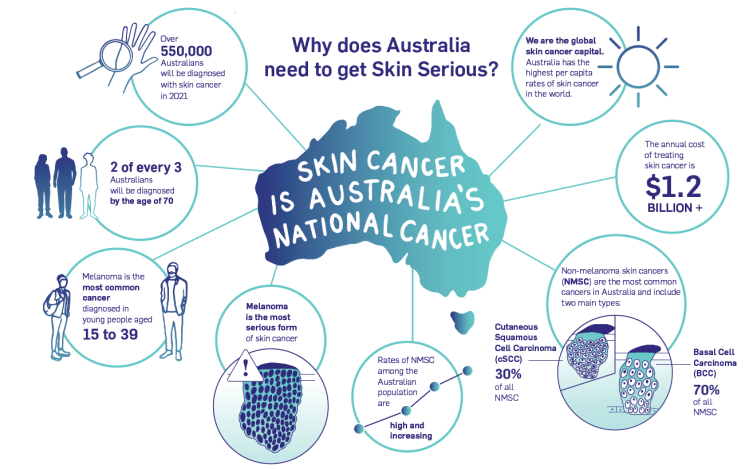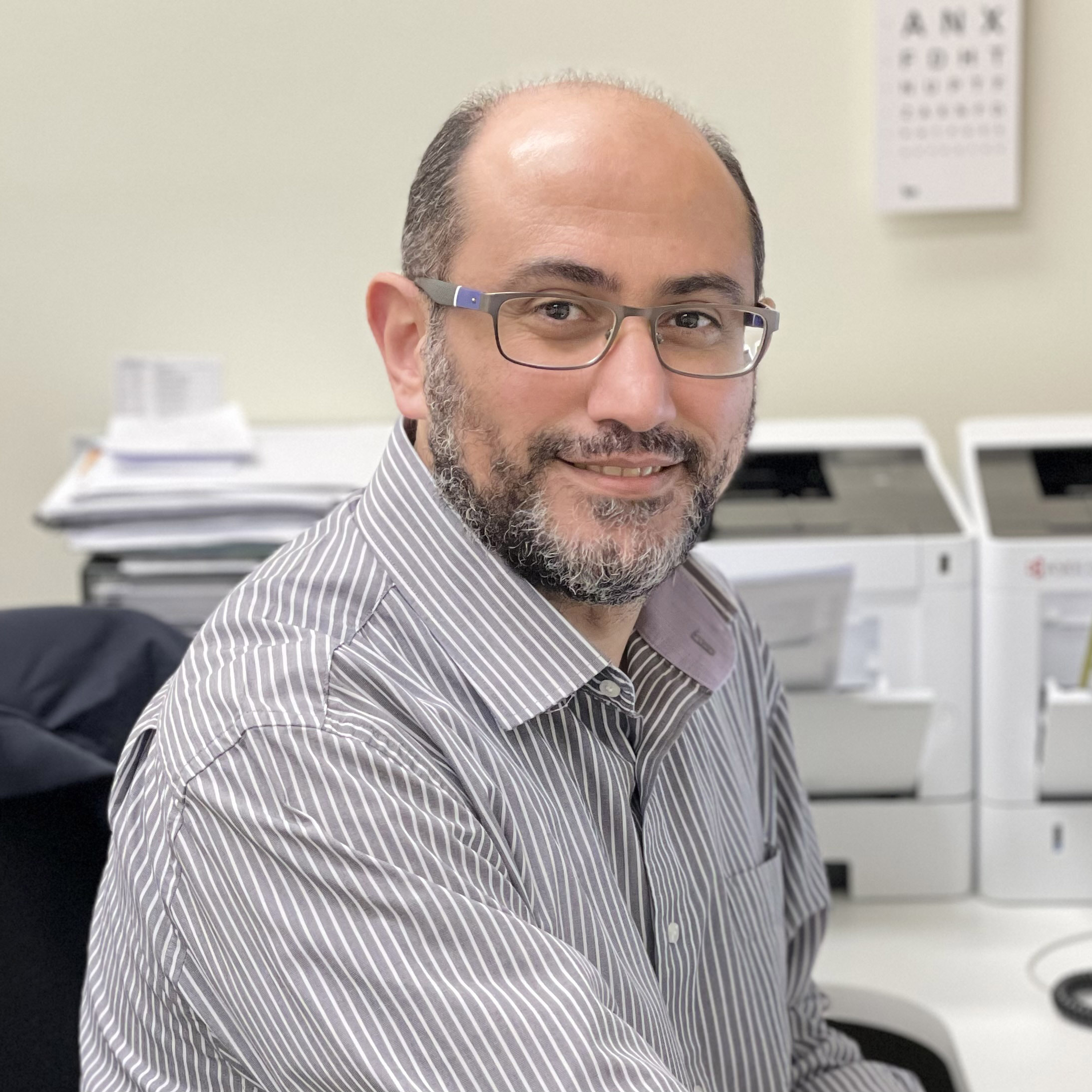Skin checks are crucial for the early detection and treatment of skin cancer for several reasons:
Early detection: Regular skin checks allow for the identification of suspicious moles, lesions, or changes in the skin that could indicate the presence of skin cancer. Detecting skin cancer in its early stages greatly improves the chances of successful treatment and cure.
Prevention: Skin checks can also help identify risk factors for skin cancer, such as sun damage or the presence of atypical moles. By identifying these risk factors early on, individuals can take steps to minimize their risk of developing skin cancer, such as practicing sun protection measures and avoiding tanning beds.
Monitoring: For individuals with a history of skin cancer or atypical moles, regular skin checks are essential for monitoring any changes in the skin over time. This allows healthcare providers to intervene promptly if any suspicious changes are detected.
Education: Skin checks provide an opportunity for healthcare providers to educate patients about the signs and symptoms of skin cancer, as well as the importance of sun protection and early detection. This empowers individuals to take an active role in protecting their skin health.
Peace of mind: Routine skin checks can provide peace of mind for individuals concerned about their skin health. Knowing that they are being proactive about monitoring for skin cancer can alleviate anxiety and ensure timely intervention if any concerns arise.
Overall, skin checks are vital for the early detection, prevention, monitoring, education, and peace of mind regarding skin cancer and overall skin health. Individuals should consider scheduling regular skin checks with a healthcare provider, particularly if they have risk factors for skin cancer or a history of sun exposure.


